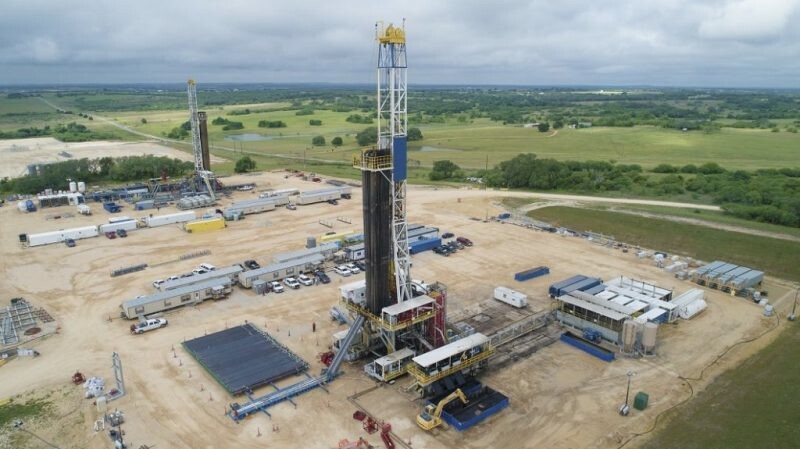After years of unrestrained production growth — spending be damned — fiscal discipline has taken hold as once reluctant operators bow to investor pressure and resist their notorious tendency to call up rigs and completion crews at the slightest uptick in prices.
“If oil prices continue to improve this year, we will not increase capital in support of production growth,” Occidental Petroleum Corp. President and CEO Vicki Hollub assured analysts in a Feb. 24 call. Occidental holds drilling rights to some 1.6 million acres of shale-targeted acreage in the Permian Basin in west Texas and southeast New Mexico.
Even as West Texas Intermediate (WTI) benchmark prices reached a two-year high of $67.87 bbl in early March, estimates compiled by the Energy Information Administration (EIA) show Occidental is far from alone. The seven shale plays the EIA tracks were expected to collectively produce just under 7.5 million bpd in April, roughly 1.2 million bpd less than aggregate April 2020 shale oil production when Covid-induced demand destruction aggravated a crude glut and sunk WTI prices to previously unheard of negative territory.
Nearly 4.3 million bpd of April production is expected to flow from the Permian Basin, where Diamondback Energy operates exclusively and has no plans to open the taps full bore. “We are still operating in a market supported by supply that’s been purposefully withheld to allow global inventories to decline as demand recovers from the depths of the global pandemic. Diamondback continues to see no need to grow oil production into this artificially under-supplied market,” said CEO Travis Stice.
And this from ConocoPhillips, which holds shale assets across Texas, Wyoming, Oklahoma and North Dakota: “Demand recovery is taking longer, spare supply remains and inventories remain elevated. It makes no sense to grow into this market environment, so we’re choosing to stay at a sustaining level for the year,” said CEO Ryan Lance.
Meanwhile, like their offshore counterparts, companies with leases on federally owned lands in New Mexico, Colorado, Wyoming and elsewhere, had to contend with President Biden's Jan. 27 freeze on new leasing of government-owned lands.
One of those, Cimarex Energy Co., admitted to “overreacting” by immediately diverting all activity from New Mexico to privately owned Texas properties.
“After further analysis, we are confident that permit activity on existing federal leases will continue relatively unabated, and we have restored significant New Mexico activity into our 2021 program,” President and CEO Thomas Jorden said on Feb. 23.





